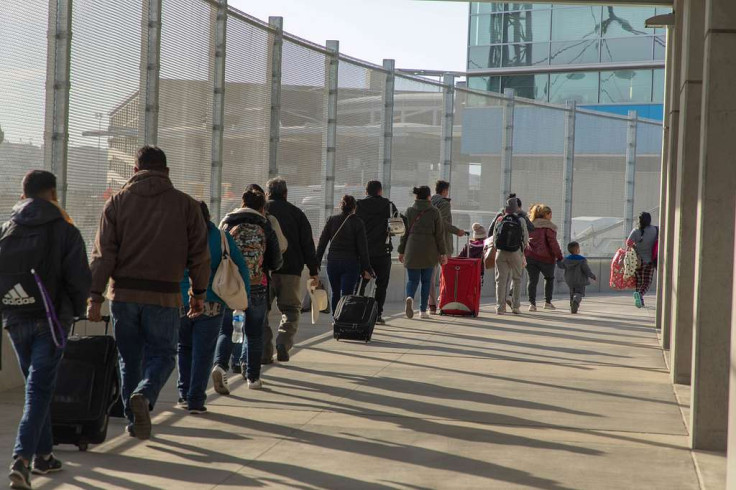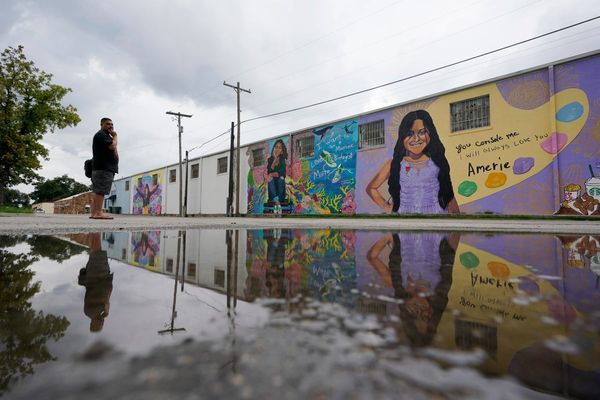
Government mobile application CBP One app, which is used by migrants seeking asylum at the southern border, has come under fire for its failure to check the backgrounds of those using it.
The issue was highlighted due to a report by an internal watchdog within the Department of Homeland Security's report, titled "CBP Did Not Thoroughly Plan for CBP One Risks, and Opportunities to Implement Improvements Exist."
The report mentioned the potential dangers of the CBP One app, which was launched in 2020 to help schedule appointments at U.S. entry points.
According to the U.S. Customs and Border Protection (CBP), the app has "increased CBP's capacity to process migrants more efficiently and orderly while cutting out unscrupulous smugglers who endanger and profit from vulnerable migrants," Fox News reported.
The report, however, emphasized the need to fix technological problems with the app, which was used by thousands of asylum-seeking migrants. Furthermore, the report revealed that the CBP One app often crashes, gives error messages, and has a language barrier that makes it hard for non-citizens to use.
Many migrants don't have an "equal opportunity to secure an appointment" and migrants are vetted before they arrive at the U.S.-Mexico border.
"Although CBP uses biographic and biometric information submitted to CBP One to determine whether arriving noncitizens have derogatory records, it does not leverage the information to identify suspicious trends as part of its pre-arrival vetting procedures," the report added.
The report pointed out that the app cannot properly check the information of migrants, who claim a U.S. address as their intended destination. An analysis of the CBP One data found that some unrelated migrants repeatedly listed the same U.S. address.
It also stated that CBP lacks a system to regularly analyze data from the app across different points of entry. Such analysis could provide valuable information to help CBP officers during their interviews with migrants.
Americas director at Amnesty International Ana Piquer said, "The use of the CBP One application conditions entry and access to asylum on appearing at a port of entry with a prior appointment, which is not feasible for some people."
"While technological innovations could potentially provide for safe transit and more orderly border processes, [programs] like CBP One cannot condition and limit the manner to seek international protection in the United States."
Last month, the critics of the CBP One app stressed that it had glitches and turned the right to asylum into a "lottery." Several human rights groups have been urging the U.S. government to stop requiring the use of the CBP One mobile app.
© 2024 Latin Times. All rights reserved. Do not reproduce without permission.







